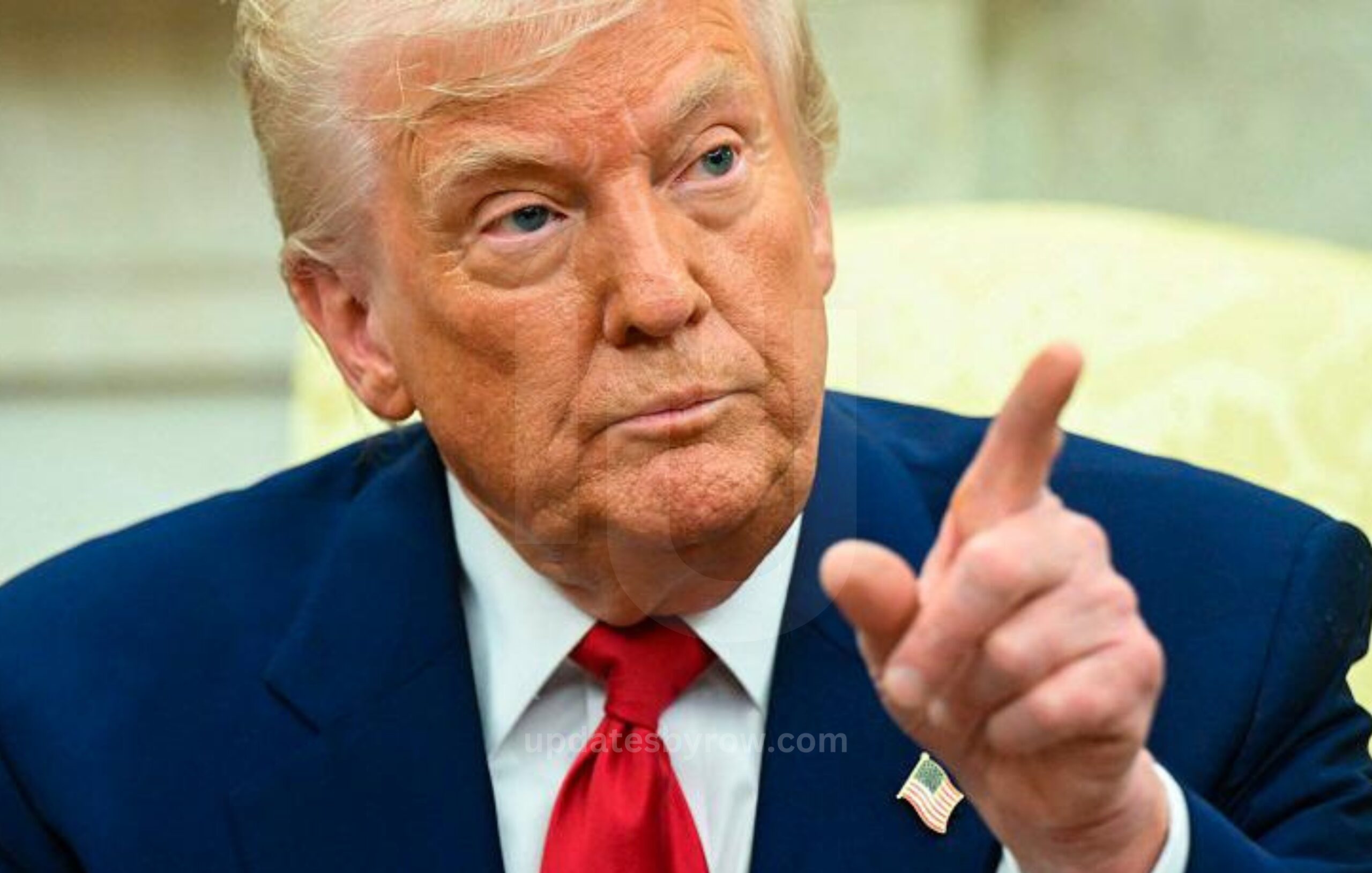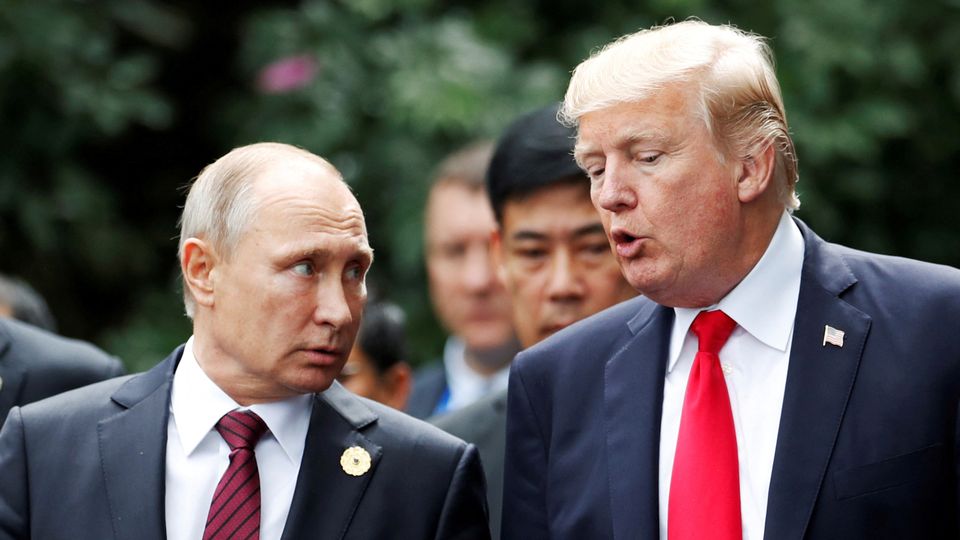Trump’s 34% Tariffs on China Shake Global Markets as Trade War Escalates
Global stock markets plunge as U.S.-China trade tensions flare up.
U.S. Imposes 34% Tariffs on Chinese Imports
In a fiery “Liberation Day” address, U.S. President Donald Trump announced sweeping 34% tariffs on Chinese goods, triggering immediate retaliation from China. Beijing responded with matching 34% tariffs on American imports, set to take effect this Thursday.
This sudden escalation in the U.S.-China trade war sent global stock markets spiraling. Hong Kong’s stock index dropped 13.2%, while the Dow Jones and S&P 500 experienced sharp declines, marking the third consecutive day of market volatility.
Trump Threatens Additional 50% Tariff on China
Further intensifying the situation, Trump warned of a potential additional 50% tariff on Chinese exports. The aggressive stance has injected deep uncertainty into global financial markets, triggering large-scale selloffs across Asia and North America.
Investors are now grappling with a deteriorating economic outlook, as concerns rise about prolonged trade disruptions and investor confidence declines.
New Zealand’s Measured Response to Trade War Fallout
Amid the global financial turmoil, New Zealand Finance Minister Nicola Willis addressed the public, calling the tariffs “unwelcome” but manageable.
She stated that while New Zealand’s economy may experience some turbulence, the direct impact will be modest compared to nations more reliant on U.S.-China trade.
However, the New Zealand sharemarket continues to show stress. Following a 3.68% plunge—its largest since March 2020—the market remained flat. The NZ dollar fell to US55.07 cents, the lowest in 2025, as investors fled to safer assets.
Trump Urges Calm Amid Market Panic
Despite the massive economic fallout, President Trump urged Americans to stay calm. He insisted the tariffs are essential to protect U.S. industries from decades of unfair Chinese trade practices and to rebalance global trade.
Global analysts, however, remain concerned. The continued threat of tariff escalations and lack of negotiations has fueled recession fears, particularly if supply chains break down and consumer prices begin rising.
What’s Next for Global Trade?
With China’s retaliatory tariffs scheduled for Thursday, all attention now turns to Washington and Beijing. Experts are calling for immediate negotiations to prevent long-term economic damage.
Until progress is made, financial markets are likely to remain volatile, and global uncertainty will persist.
Key Takeaways:
- Trump imposes 34% tariffs on Chinese goods; threatens further 50% hike
- China retaliates with matching tariffs on U.S. imports
- Global stock markets plunge; Hong Kong drops 13.2%
- New Zealand dollar sinks to US55.07c; sharemarket faces biggest fall since 2020
- NZ Finance Minister predicts modest local impact, continues monitoring developments




